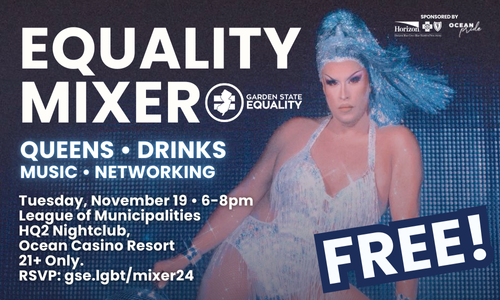Booker delivers remarks on Senate floor on his Safeguarding America’s First Responders Act
Senator Booker this afternoon delivered remarks on the Senate floor on his Safeguarding America’s First Responders Act, which passed the Senate unanimously last week. The bipartisan bill would improve timely access to financial assistance for families of public safety officers lost to COVID-19. At least 29 first responders in New Jersey have died due to the virus.
Watch the video here. Below is a brief excerpt.
While COVID-19 has changed daily life across the country for so many of us, our firefighters, EMT’s, police officers and other emergency services personnel have continued to put their lives on the line to protect their communities – and they’ve done so at significantly increased risk to themselves and their families.
In the hardest hit areas like my home state of New Jersey, our first responders are under enormous strain.
Being a first responder during this pandemic is not a job, it is an all-consuming sacrifice.
It is responding to a call knowing that just by stepping inside someone’s home you are running a high risk of exposing yourself to the virus.
It is wondering whether whatever personal protective equipment – or PPE – you have on is enough.
In many cases it’s wondering whether your PPE is even real—with so many of our first responders using whatever they can scrounge up even if it means buying foreign masks not designed for use in the United States or buying them from unknown vendors and countless unknown middlemen.
It is removing each piece of your PPE — your gloves, your goggles, your gown, piece by piece, straining to remember what you have touched and then washing your hands repeatedly.
It is performing life-saving procedures like CPR that may aerosolize the virus while hoping that the PPE you’re wearing is enough to protect you.
It is meticulously cleaning every surface in your ambulances, your squad houses and your station, not knowing where the virus could be lingering.
It is going home and getting undressed in the basement or garage and heading straight to the shower, not knowing if that is enough to protect your family.
And in many cases, it is being separated from your family for long periods of time for fear of spreading the disease.
It is the trauma of responding to a call and doing everything you can to save someone from this virus but it not being enough.
And it is the fear, the anxiety and the worry about what will happen to your family should the unthinkable happen.








